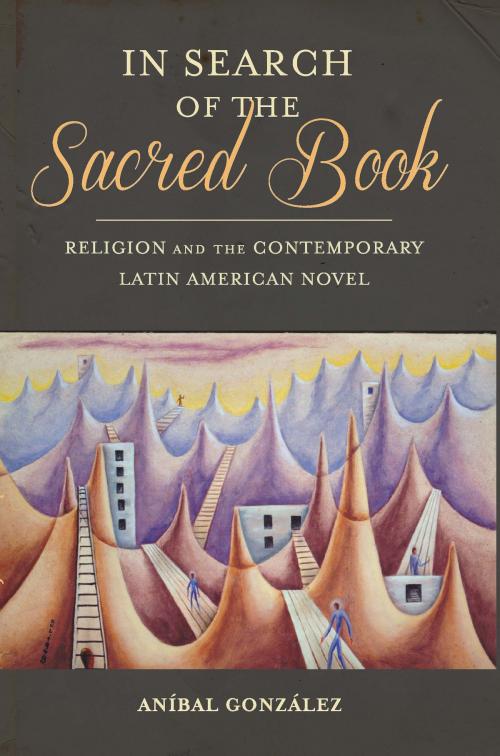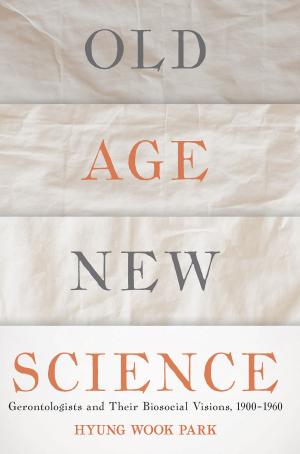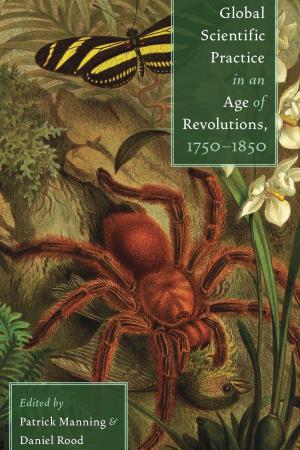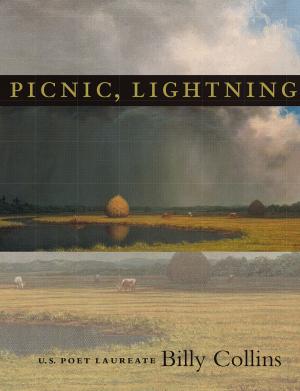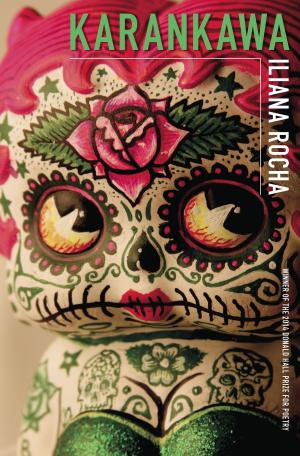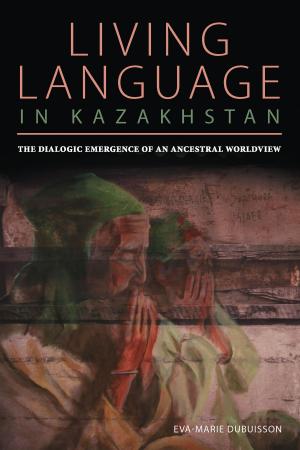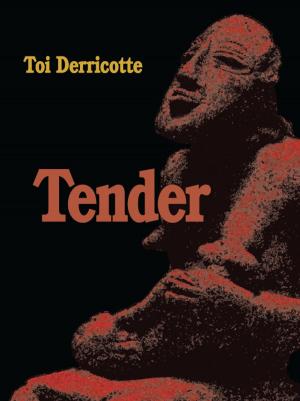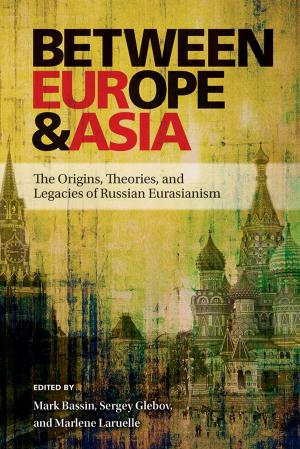In Search of the Sacred Book
Religion and the Contemporary Latin American Novel
Fiction & Literature, Literary Theory & Criticism, Central & South American| Author: | Aníbal Gonzalez | ISBN: | 9780822983026 |
| Publisher: | University of Pittsburgh Press | Publication: | May 18, 2018 |
| Imprint: | University of Pittsburgh Press | Language: | English |
| Author: | Aníbal Gonzalez |
| ISBN: | 9780822983026 |
| Publisher: | University of Pittsburgh Press |
| Publication: | May 18, 2018 |
| Imprint: | University of Pittsburgh Press |
| Language: | English |
In Search of the Sacred Book studies the artistic incorporation of religious concepts such as prophecy, eternity, and the afterlife in the contemporary Latin American novel. It departs from sociopolitical readings by noting the continued relevance of religion in Latin American life and culture, despite modernity’s powerful secularizing influence. Analyzing Jorge Luis Borges’s secularized “narrative theology” in his essays and short stories, the book follows the development of the Latin American novel from the early twentieth century until today by examining the attempts of major novelists, from María Luisa Bombal, Alejo Carpentier, and Juan Rulfo, to Julio Cortázar, Gabriel García Márquez, and José Lezama Lima, to “sacralize” the novel by incorporating traits present in the sacred texts of many religions. It concludes with a view of the “desacralization” of the novel by more recent authors, from Elena Poniatowska and Fernando Vallejo to Roberto Bolaño.
In Search of the Sacred Book studies the artistic incorporation of religious concepts such as prophecy, eternity, and the afterlife in the contemporary Latin American novel. It departs from sociopolitical readings by noting the continued relevance of religion in Latin American life and culture, despite modernity’s powerful secularizing influence. Analyzing Jorge Luis Borges’s secularized “narrative theology” in his essays and short stories, the book follows the development of the Latin American novel from the early twentieth century until today by examining the attempts of major novelists, from María Luisa Bombal, Alejo Carpentier, and Juan Rulfo, to Julio Cortázar, Gabriel García Márquez, and José Lezama Lima, to “sacralize” the novel by incorporating traits present in the sacred texts of many religions. It concludes with a view of the “desacralization” of the novel by more recent authors, from Elena Poniatowska and Fernando Vallejo to Roberto Bolaño.
